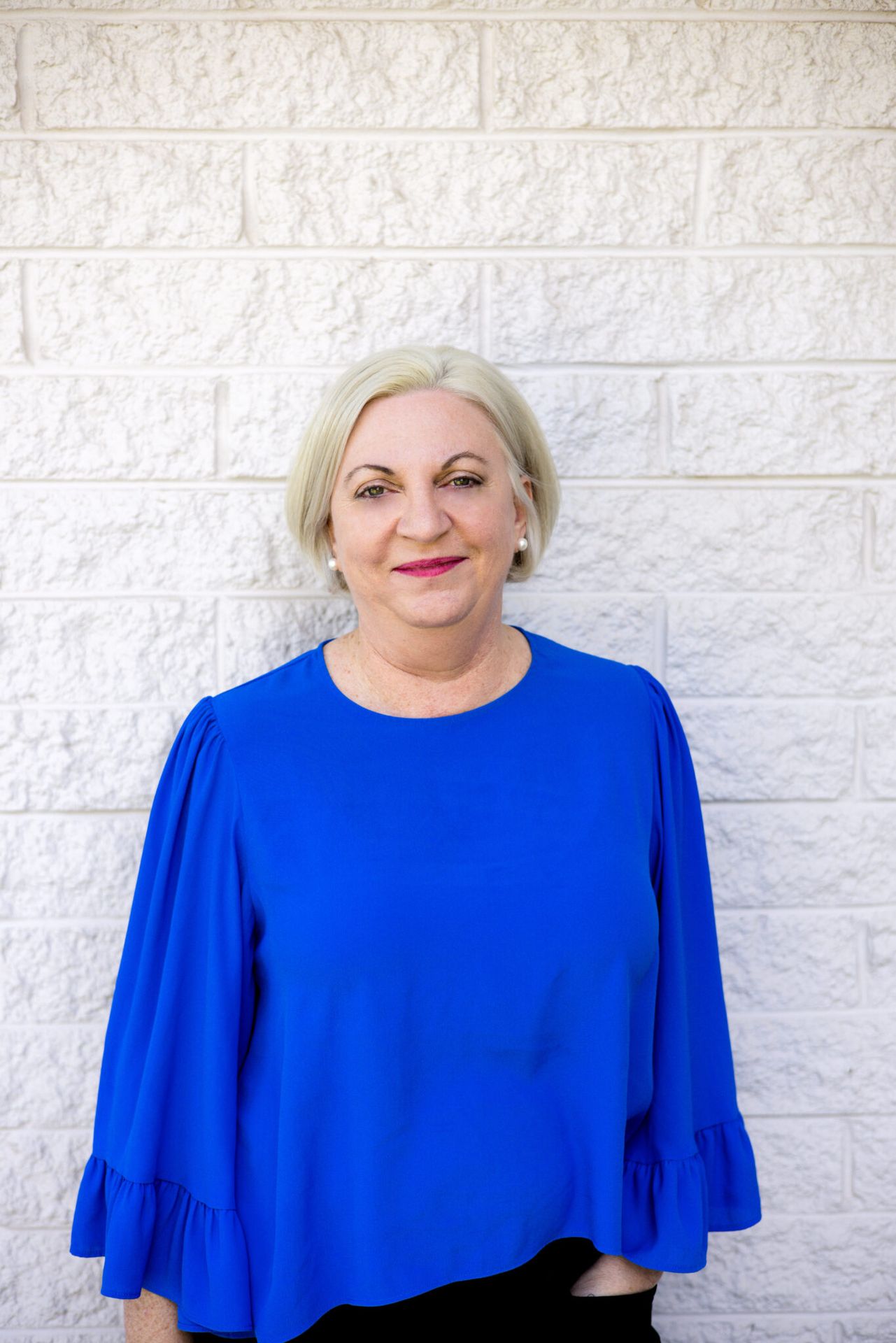The Sleep Crisis: what’s keeping women in business awake at night?

It's a sleep crisis: you’ve wrapped up your last Zoom meeting, replied to all the urgent emails, prepped tomorrow’s to-do list, and finally climbed into bed… only to find yourself wide awake, scrolling aimlessly, or tossing and turning through the night - once again...
Sound familiar?
If so, you’re not alone.
New research commissioned by Australia’s leading sleep expert Olivia Arezzolo, who partnered with Pukka Teas, has revealed that more than two in five Australians (44%) are sleep deprived, averaging just six hours of sleep or less per night. And for many women in business, the problem goes beyond simply “being busy.”
The findings uncover three key reasons Australians—particularly women—are struggling to get the recommended eight hours of shut-eye each night: doomscrolling, caffeine, and menopause.
Let’s break it down.
Doomscrolling: a digital distraction that doesn’t sleep
An incredible 76% of Australians admit to scrolling on their phones before bed, with 2.2 million spending over an hour glued to their screens each night. The habit is even more entrenched in younger generations, particularly Gen Z, but it’s not limited to them.
Whether you’re checking social media, reading the news, or catching up on emails, this behaviour—often referred to as “doomscrolling”—is wreaking havoc on sleep patterns.
For women in business, where success often depends on clear thinking, fast decision-making and creative problem solving, this lack of quality sleep can lead to burnout, reduced productivity and even health issues.
Caffeine: the sneaky sleep saboteur
Caffeine is a beloved productivity aid in the business world—but it might also be silently stealing your sleep.
The study found that 14% of Australians are unknowingly consuming caffeine too close to bedtime, with coffee, black tea, and even green tea topping the list of culprits. Many don’t realise that caffeine can stay in the body for up to six hours, reducing total sleep time by up to an hour, according to research published in the Journal of Clinical Sleep Medicine.
Cutting caffeine intake after 2pm and switching to herbal alternatives could be one of the simplest changes you can make to improve your sleep quality—and your focus during work hours.
Menopause: the underrated sleep disruptor
Perhaps the most startling figure from the research is that 81% of women aged 40 or over report experiencing sleep disturbances related to menopause.
Symptoms like hot flushes, night sweats, increased urination, and joint and muscle pain are robbing women of restful, restorative sleep. This isn’t just a health issue—it’s a leadership issue. When senior women in business are functioning on disrupted sleep, the flow-on effects can be significant: reduced resilience, slower cognition, and elevated stress.
Australian sleep expert Deb Herdman, a sleep expert trained in sleep science and passionate about sleep education, emphasised that we must stop treating sleep as a luxury or afterthought.
“Sleep is not optional,” she said. “For women in business, it’s your strategic advantage. It impacts how you show up, how you lead, and how you thrive.”
Practical Ways to Take Back the Night
Here are some science-backed steps to support better sleep:
-
Limit screen time an hour before bed—consider reading a book or listening to a podcast instead.
-
Avoid caffeine after mid-afternoon, including green and black teas.
-
Create a calming bedtime routine, including dim lights, a cool room and relaxing rituals like journaling or gentle stretches.
-
Try herbal teas with calming herbs like valerian, chamomile, and lavender, shown to support natural sleep cycles.
-
Talk about menopause. Break the silence and seek out support, whether through community, your GP, or a sleep expert.
Ready for sleep?
If you’re one of the many women in business struggling to sleep—and ready to reclaim your rest—don’t miss our recent interview with Deb Herdman.
💻 Watch the full interview now on YouTube for expert tips, relatable insights and practical strategies that can make a real difference to your nights—and your days.
Your health, your business, and your brilliance depend on it.

